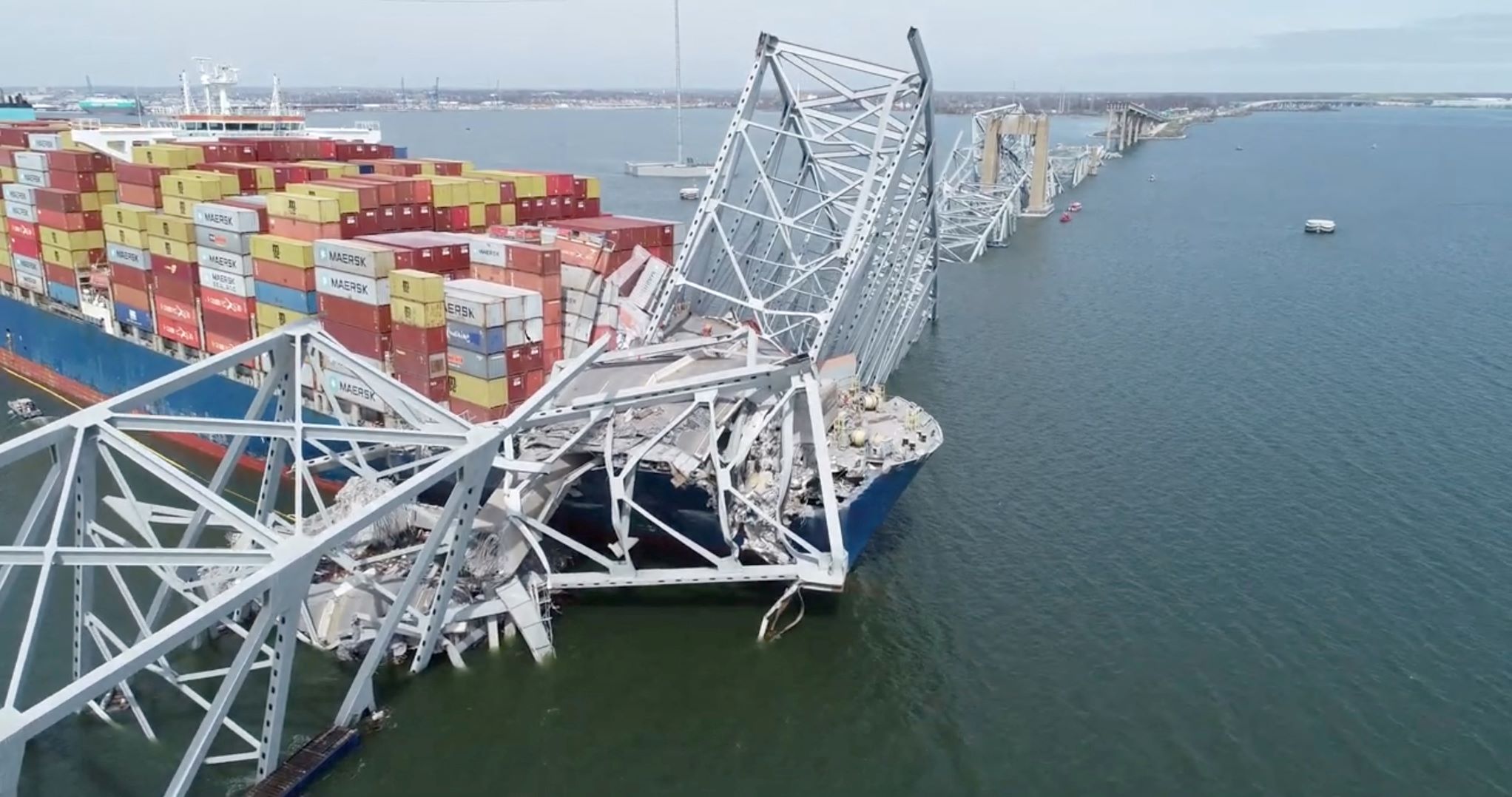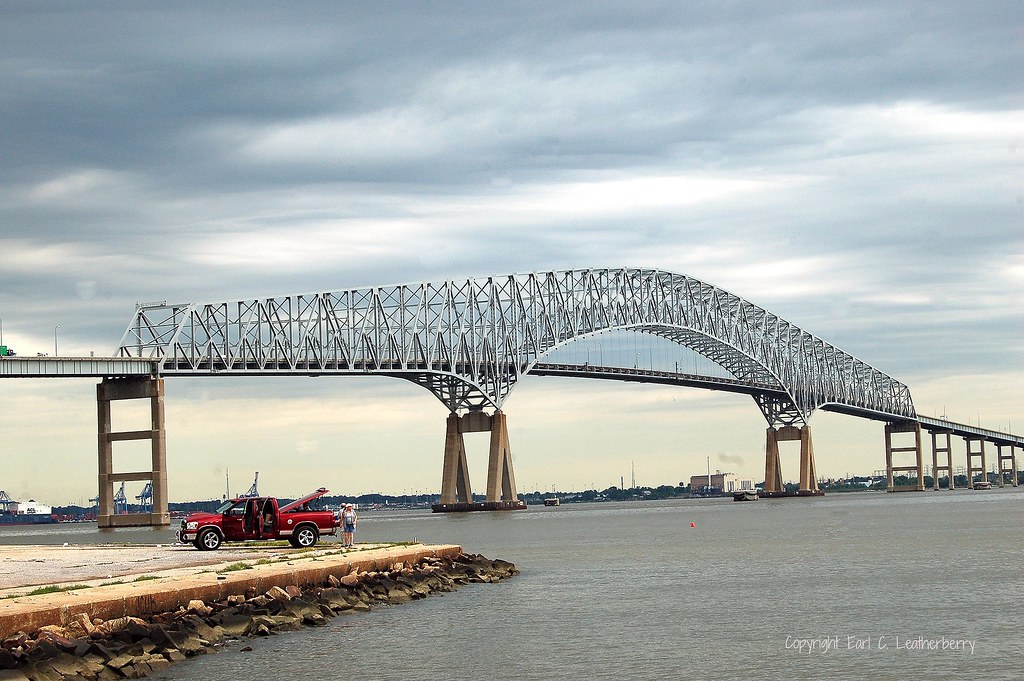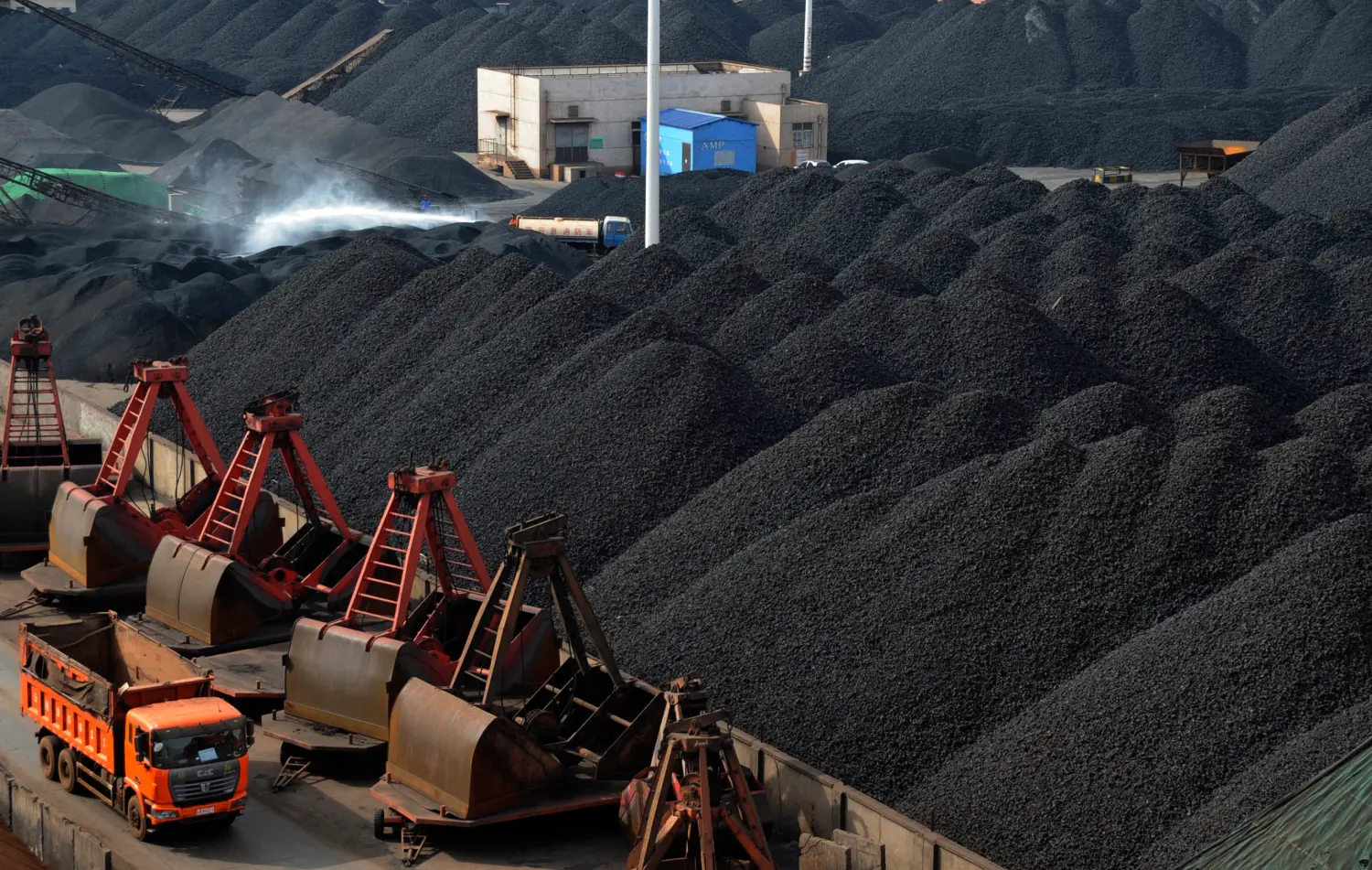The Port of Baltimore currently closed due to the collapse of the Francis Scott Key Bridge, is a crucial hub for energy trade, albeit not in the clean energy sector that the Biden administration promotes. Instead, it’s a significant gateway for coal.
Ranked as the second-largest coal export facility in the U.S., approximately 20% of the country’s coal exports flowed through the port in 2022, as reported by the Energy Information Administration.
During the first nine months of 2023, around 20 million short tons of coal passed through the port, marking a 20% increase from the same period in 2022.

By comparison, the Port of Virginia saw 26 million short tons during the same timeframe, reflecting a modest 6% rise from early 2022.
The exported U.S. coal primarily heads to Europe and Asia, with notable spikes in shipments to Indonesia and Vietnam. Major recipients include India, South Korea, China, and the Netherlands, where coal is redistributed across Europe.
For instance, shares of Consol Energy, a major user of the port, dropped by 7% following the news.

Consol ships over 10 million tons of coal annually from mines in southeastern Pennsylvania and southern West Virginia via rail to Baltimore. Norfolk Southern and CSX, rail companies serving Consol’s terminal, also experienced fluctuations in their stock prices.
However, Greg Brew, an analyst at the Eurasia Group, suggested that this impact could be subdued due to warming weather reducing demand for natural gas in heating.
Moreover, the port is a significant channel for car imports and exports, with around 750,000 cars passing through annually. GM and Ford have already announced plans to reroute shipments away from the affected port.







Leave a Reply